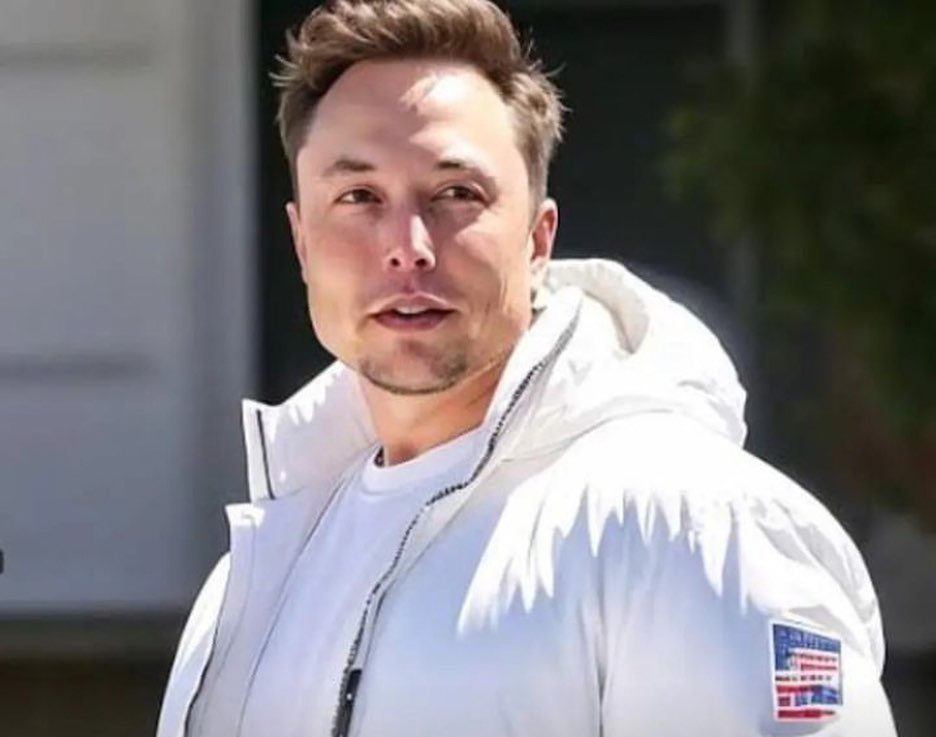American billionaire Elon Musk has stirred discussions about the impact of Starlink’s introduction to the Kenyan market, hinting that its arrival has pushed local tech companies to elevate their standards. Musk, known for his outspoken social media posts, shared his views after Kenyan President William Ruto defended the decision to allow Starlink’s entry despite objections from local firms.
President Ruto, speaking on the sidelines of the United Nations General Assembly (UNGA), addressed concerns from local internet service providers (ISPs) about Starlink, which they viewed as a foreign entity threatening to dominate the market. However, Ruto emphasized that his administration supports open competition, believing it will lead to improved services and products for Kenyans.
Musk echoed Ruto’s perspective in a post on X (formerly Twitter), humorously noting that Starlink’s entry has led to better service offerings in Kenya. “As the President of Kenya says, Starlink pushes local competitors to offer improved services,” Musk stated, suggesting that the satellite-based internet provider has prompted existing players to innovate and enhance their services.
Local Resistance
During a business forum, President Ruto acknowledged the initial resistance from local ISPs, who feared that Starlink’s advanced technology and competitive pricing would diminish their market share. Despite this opposition, Ruto emphasized that competition is essential for transforming Kenya’s digital landscape, ensuring better value for consumers.
Businesses in Kenya have embraced Starlink as an alternative internet solution, particularly due to its reliance on satellites rather than traditional fibre optic cables. This satellite technology requires less ground infrastructure and offers more resilience, especially in rural and remote regions.
Currently, Kenya’s internet infrastructure is heavily dependent on submarine cables. Since the country’s first underwater cable connection in 2009 during President Mwai Kibaki’s tenure, six submarine cables have been in operation. However, these cables are susceptible to disruptions, which can result in service outages.
To meet the growing demand for faster, more reliable internet, the Kenyan government is constructing two more undersea cables. This expansion is expected to increase the country’s internet capacity, lower costs, and enhance competition, as Kenya moves into a new digital era marked by the diversification and improvement of internet services, with Starlink playing a key role in this transition.


